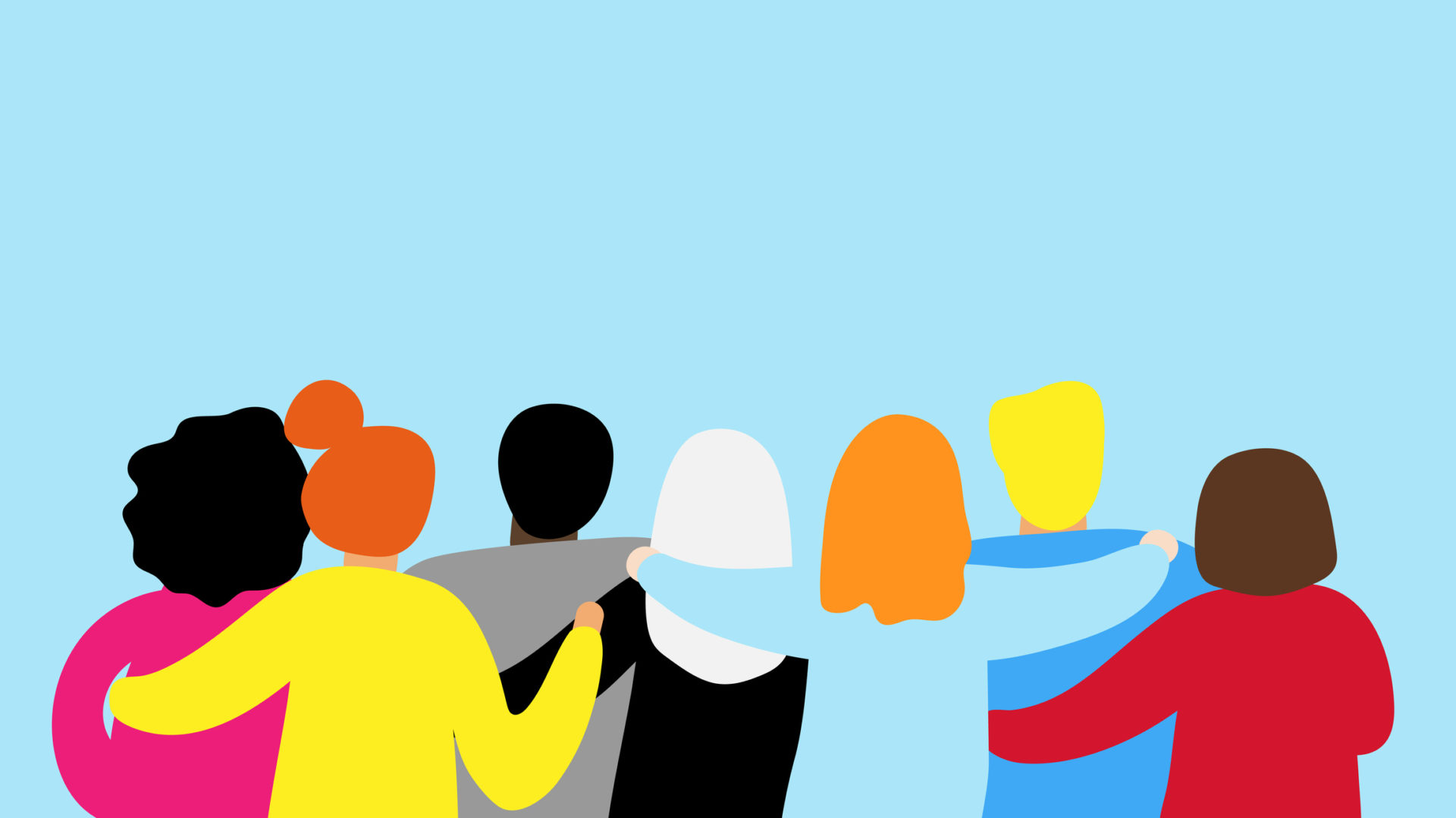
Eating disorders and over-exercising are serious mental illnesses affecting people of all ages, genders, ethnicities and backgrounds.
This resource will provide further information about eating disorders and explain how you can support people that may be affected. We all have a role in supporting people who could be struggling with an eating disorder. In particular, gym staff, sports teachers, coaches, personal trainers and those working in primary healthcare may find they are in a role to start conversations with people about eating disorders.
What is an eating disorder?
Beat explains that an eating disorder can be a way for people to cope with difficult situations or feelings. Behaviours linked to eating disorders can include:
- Limiting the amount of food eaten.
- Eating very large quantities of food at once.
- Getting rid of food eaten through unhealthy means (e.g. making themselves sick, misusing laxatives, fasting, or excessive exercise).
- Over-exercising (this could be exercising for several hours a day, exercising despite injury or feeling anxious if you are unable to exercise).
How can you learn more about eating disorders and over-exercising?
- Beat have a range of free resources to help you learn more about eating disorders and how you can effectively support people in your network.
- The University of Nottingham have created a short film to raise awareness of over-exercising.
- First Steps have a range of information about young people and adults who may be affected by eating disorders.
Accessing Advice & Support
- Beat Eating Disorders have a national helpline for people with an eating disorder and those supporting them. They have contact details for people living in England and Wales, Scotland and Northern Ireland.
- MaleVoiceEd have resources and support for men who are struggling with an eating disorder.
- Encourage someone to speak to their GP if they need support.
